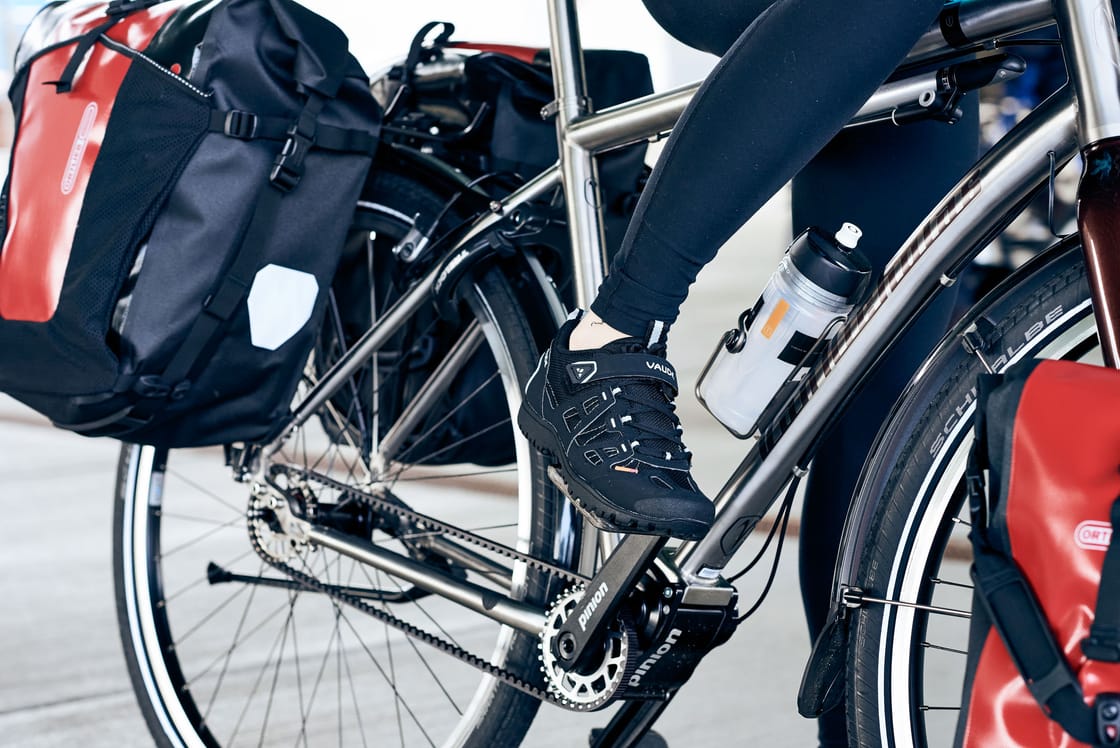From the micro-depot to the front door
Imagine your mailman delivering your mail in a 7.5-ton truck, and the pizza reaching you the same way. There’s no point, you would probably say, and rightly so. But it’s not just letters and pizzas – the majority of goods delivered privately within the city also belong better on bicycles or other clean means of transport. The courier express parcel services (CEP) industry is therefore increasingly relying on cargo bicycles to serve the “last mile,” delivering shipments to private households or retail stores quickly, reliably and, above all, in an environmentally friendly manner. To accomplish this, special micro depots, also known as hubs, are needed where couriers pick up their shipments before taking over the final meters.
Promising beginnings
Pilot projects in several major German cities show how such a micro-depot or city hub works and what it can achieve. This was the case in Berlin, where the use of a micro-depot saved about 85 percent of car courier trips in the test area and replaced them with load bike trips. The reliability and punctuality were not objectionable. In addition, the number of direct trips decreased, as the depot allowed many orders to be bundled for the first time. Called the “Bento Box,” the facility consists of lockable lockers of various sizes in which a courier service temporarily stores shipments until delivery to the customer. In Hamburg, UPS, one of the major players in the CEP market, has also been operating a micro-depot since 2012. On a traffic area of about 25 by 2.5 meters, a container is changed daily, which holds up to 400 shipments. The delivery area, where deliveries are made by cargo bikes and stacking carts, has a maximum radius of 500 to 1,000 meters. Based on the positive experience, the company says it is looking into further micro depots in Hamburg, as well as in other cities.
Prerequisites and acceptance
Such depots make economic sense wherever “there is a sufficiently high settlement and order density in the catchment area,” according to the findings of the study on the use of bicycles in commercial transport (WIV-RAD) conducted by the German Federal Ministry of Transport (BMVI) in May 2016. These can be city districts and other compact residential areas or highly frequented city center locations, because retailers are also among the classic CEP customers. According to the BMVI, depending on the scenario used, between 8 and over 22 percent of all “economic transport activities” could be shifted to cargo bikes. Bicycle-friendly traffic experts probably expect a much higher percentage.
Ideally, the micro depot and city hub will be used jointly by several freight forwarding services – after all, inner-city parking spaces are rare and correspondingly expensive. However, “cooperatively used micro depots are currently unknown in Germany,” states a recent scientific study on sustainable urban logistics, which was conducted on behalf of the German Parcel and Express Logistics Association (BIEK).
The researchers also believe that because the use of inner-city space is subject to constant change, it is important to make depot locations flexible. If all of the above conditions are met, he said, a high level of acceptance can be expected in municipalities, which can expect a reduction in air pollutants as a result of the shift from motor vehicles to bicycles. And with the approval of customers like you, probably too.
Last year, courier, express and parcel services (Kep) transported around 2.3 billion shipments in Germany, according to the German transport newspaper (DVZ). In ten years, the number is expected to have doubled. The German Parcel and Express Logistics Association (BIEK) currently counts 2.94 billion shipments.
